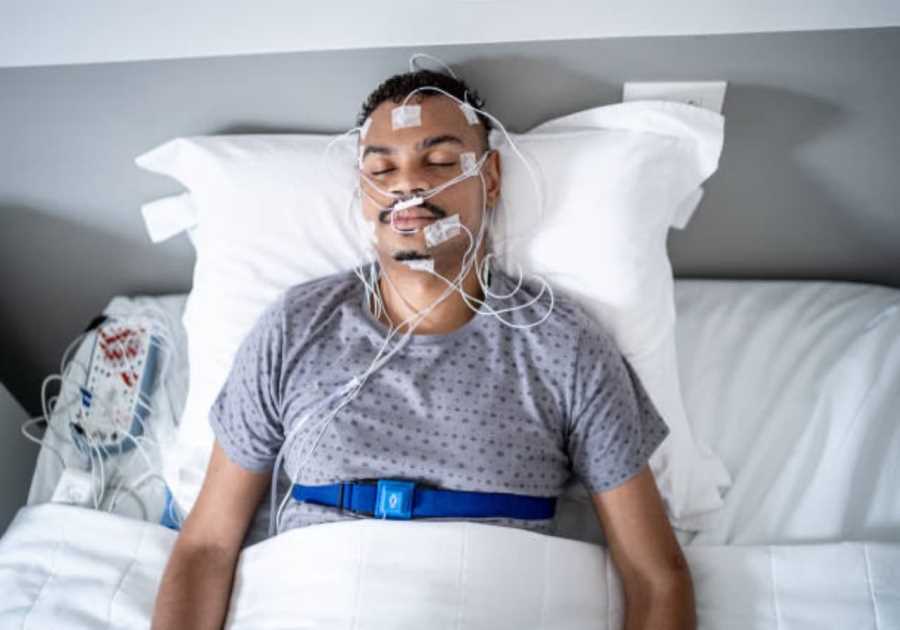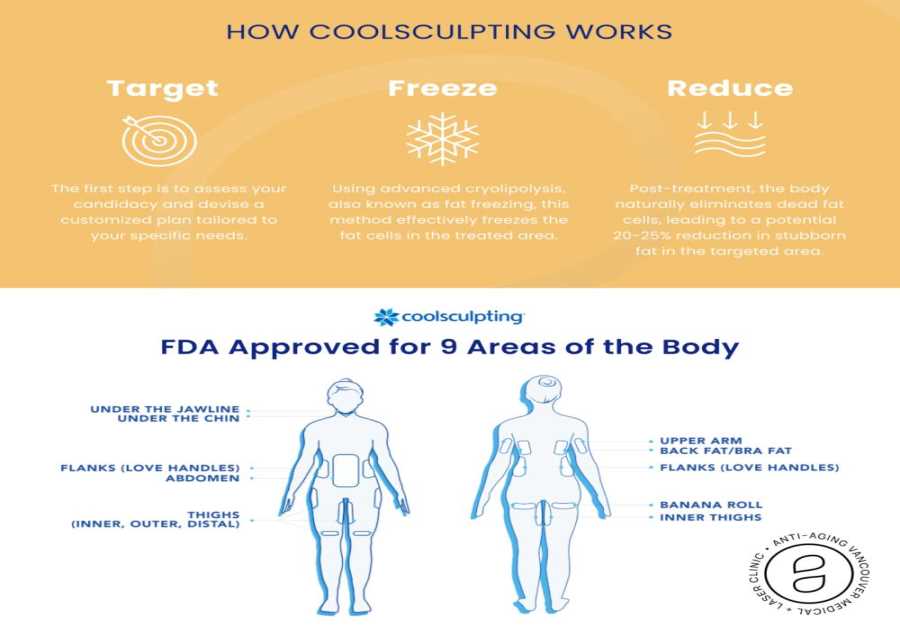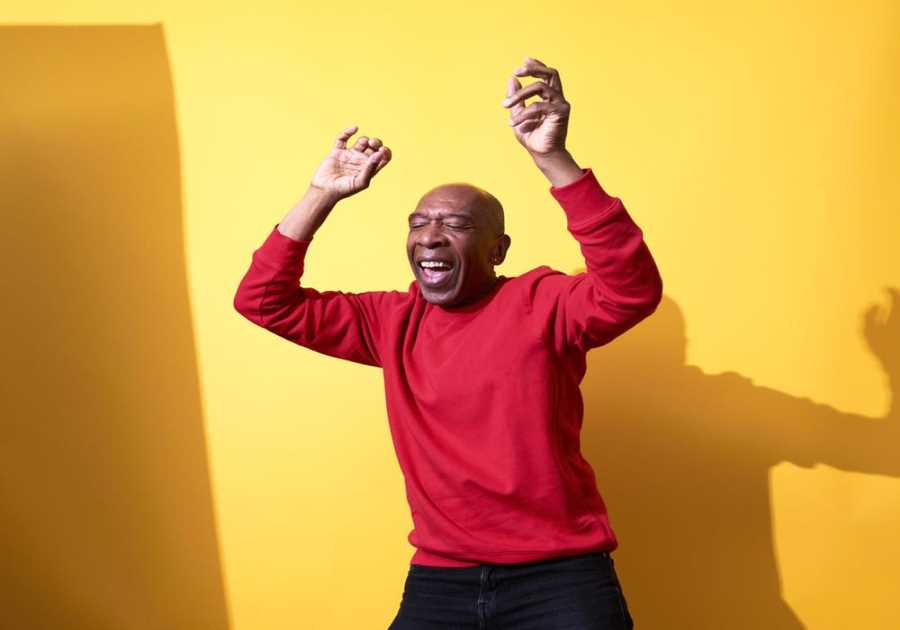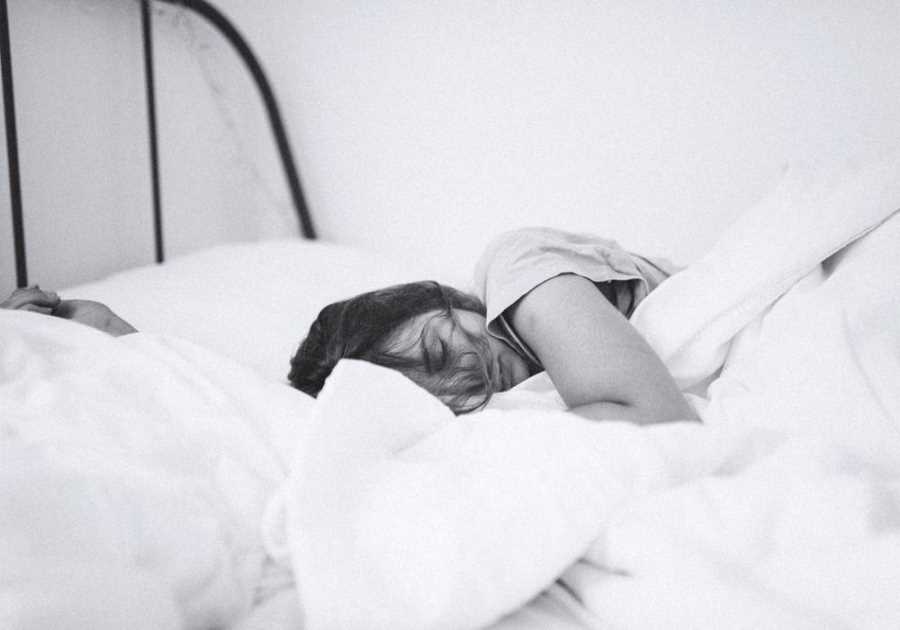Sleep apnea is when you stop breathing for multiple periods throughout the night and can be detrimental to your health by affecting your oxygen levels. If you suspect that you might have sleep apnea, some key symptoms of sleep apnea can help you determine whether you might or might not have it. The best way to know definitively that you do have sleep apnea would be to go have a sleep study done and is the only true way to confirm it. This article is to help you know if you might be in the realm of having sleep apnea and is in no way medical advice.
If you're reading this, we assume that you are concerned that you or a loved one can be suffering from sleep apnea and we recommend speaking to a sleep medicine specialist. One of the most common ways that patients even find out they have sleep apnea is by their bed partner that complains that you stop breathing or that it sounds like you are choking in your sleep. If it is not by their bed partner, they usually discover that they have sleep apnea by going to their doctor with the common signs of sleep apnea.
Common Signs of Sleep Apnea

The common signs that you might have sleep apnea are the symptoms that you are experiencing.
Sleep apnea symptoms
- Excessive daytime sleepiness
- Hypertension
- Sore throat
- Heart disease
- Dry mouth
- Atrial fibrillation
- Loud snoring
- Difficulty concentrating
- Morning headaches
It is important to note that if you do have some of these symptoms, seeing a physician should be a top priority as there can be an underlying issue and not be related to sleep apnea.
When you suspect you might have sleep apnea these are the symptoms to watch out for but if you aren't experiencing any of these symptoms it doesn't mean that you are in the clear. Sometimes the only way to know that you have sleep apnea is to go to your sleep specialist and have a sleep study performed.
Risk Factors for Sleep Apnea
Now some of the risk factors that you might have sleep apnea are that you are being overweight. Excess weight puts you in the position of increased risk of sleep apnea, in fact, obesity is one of the leading causes of sleep apnea. Being overweight does not mean that you have sleep apnea but it is one of the first signs to look out for as weight does have a major effect on sleep apnea.
Having a large neck is also associated with patients with upper airway obstructions. Individuals with a circumference greater than 16 inches for women and 17 inches for men are at a higher risk of having sleep apnea. In most individuals, a neck size greater than 16 or 17 inches is a sign of excess fat in the neck area. This may contribute to the narrowing of your breathing tube, making obstruction of your airway while you sleep all the more likely. A narrow airway due to enlarged Tonsils or adenoids also can block the airway, especially in children.
A family history of sleep apnea also puts you in the limelight of having sleep apnea as well. If you have a family member that is already diagnosed with sleep apnea you might already be predisposed to having sleep apnea. It would be a good idea to do some investigative work and ask family members if they suffer from sleep apnea as many individuals do not like to talk about it. You may be surprised to find that someone in your family tree is already being treated for sleep apnea.
While a family history of sleep apnea is something that we can relate to having sleep apnea smoking is something that we do not sometimes relate to an individual with sleep apnea. Smokers are three times at a higher risk of having obstructive sleep apnea than are people who've never smoked. Smoking can lead to an increase in the number of secretions and inflammation in the upper airway.
Another risk factor of sleep apnea can be pre-existing medical conditions like Congestive heart failure, high blood pressure, diabetes, COPD, Parkinson's disease, and previous heart attack. Individuals with these conditions are at an increased risk of possibly having sleep apnea.
Snoring is one of the leading symptoms that can tell you that you are at an increased risk of having sleep apnea. If you snore and have a bed partner, your bed partner is most likely complaining that your snoring is too loud or that you even stop breathing at times. These are some of the indicators that your suspicions that you might have sleep apnea are correct.
Patients that have sleep apnea often begin to experience a multitude of symptoms that indicate that they have sleep apnea. The way that doctors determine whether a sleep study is right for you is based on the symptoms that you present to them and it is often the bed partner that realizes that something is not quite right.
The good thing is that if you do suspect sleep apnea to be the cause of your symptoms, home sleep studies are widely available and are very simple to complete. Patients with multiple medical conditions should still have a traditional sleep study performed as they are at a higher risk of different types of sleep apnea. There are 3 types of sleep apnea obstructive sleep apnea (OSA), Central sleep apnea, and Complex sleep apnea (mixed sleep apnea).
Obstructive sleep apnea is the most common and tends to happen when the muscles in the throat relax and cause a clapping of the airway (snoring).
Central sleep apnea is when the brain stops sending the signal to the respiratory muscles and the body stops breathing.
Complex sleep apnea better known as mixed sleep apnea is a serious sleep disorder and is when you have a combination of central and obstructive sleep apnea.
Untreated sleep apnea can lead to many health conditions like heart failure and diabetes. Treatment options for sleep apnea are wide and readily available from oral appliances to continuous positive airway pressure devices (CPAP).
Treatment Options

CPAP (continuous positive airway pressure) machine is one of the most effective ways to treat sleep apnea and it is what is widely accepted by physicians as the number 1 option when treating obstructive sleep apnea.
BIPAP (bilevel positive airway pressure) machine is similar to CPAP therapy but instead of providing one constant pressure, it provides one pressure for the inhalation portion of the breath and a lower pressure for the exhalation portion of the breath.
ASV (auto servo-ventilation) machine is another form of positive airway pressure (PAP) therapy and works by adjusting the airflow based on the individuals breathing. This form of therapy provides a range of pressures and is constantly adjusting.
MAD (mandibular advancement devices) are a device that is used to hold your tongue in place or to move your jaw forward and are provided by a qualified dentist. These devices are most often custom-made to suit each individual's needs.
UAS (upper airway stimulant) is a small electrical device that is put in the chest, just below the skin, and above the ribs. It provides electrical stimulation to the nerve that controls the muscles in your tongue. This device has to be surgically installed by your physician.
Surgery The last resort for sleep apnea is surgery. Surgeons remove the soft tissue from the back of the throat and may take out your tonsils and uvula. Other surgeries may involve your jawbones, other soft tissue, or your nose.
While these are the main treatment options for individuals with sleep apnea there are still other forms of treatment and are more in line with behavior changes. Weight loss would be the first in this category as it involves changing eating habits and doing exercise. Controlling liquor consumption can also be a form of treatment if it is what is causing you to have sleep apnea. There is also changing your sleeping position to one where there are no obstructions. All of these are can be used as a form of treatment but do not provide a guaranteed correction of your sleep apnea.
Final Thoughts
If you suspect you might be suffering from sleep apnea the recommended route would be to see your healthcare provider and they can order you a sleep study. For those who just want to have a guide on the signs of what to look out for this article can be of great assistance and is intended to help you identify if you might be a candidate for having sleep apnea. If you or anyone you know has sleep apnea you can rest assured that there are a variety of treatment options
-------------------------------------
By: Karina Lima
Title: How Do I Know If I Have Sleep Apnea?
Sourced From: sleeplay.com/blogs/news/how-do-i-know-if-i-have-sleep-apnea
Published Date: Mon, 17 May 2021 16:01:08 +0000
.png)





